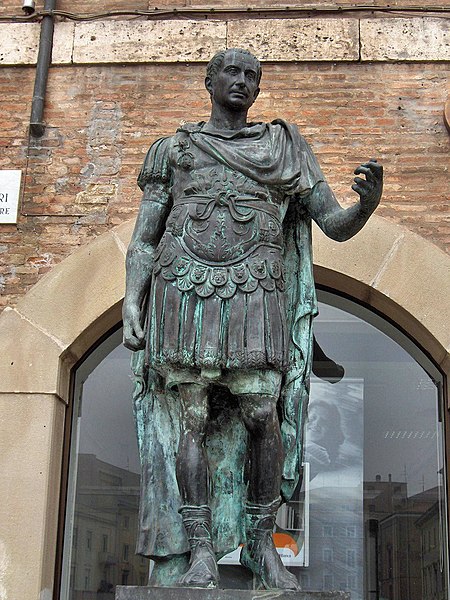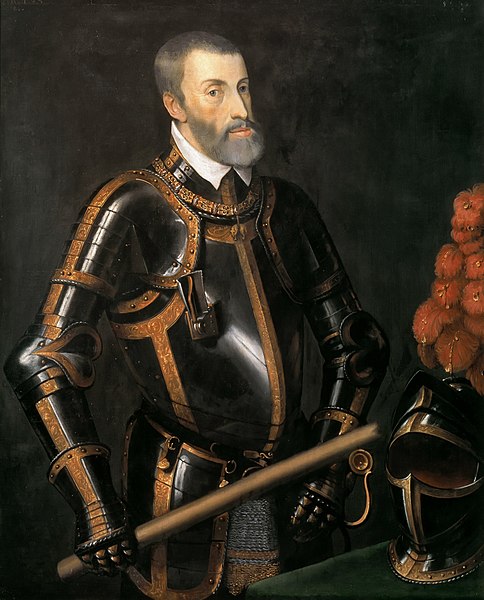Translatio imperii is a historiographical concept that was prominent in the Middle Ages in the thinking and writing of elite groups of the population in Europe, but was the reception of a concept from antiquity. In this concept the process of decline and fall of an empire theoretically is being replaced by a natural succession from one empire to another. Translatio implies that an empire metahistorically can be transferred from hand to hand and place to place, from Troy to Romans and Greeks to Franks and further on to Spain, and has therefore survived.
One of the Efigies de los incas o reyes del Perú, in which the Kings of Spain are portrayed as heirs to the rights of the Inca Emperors.
The word emperor can mean the male ruler of an empire. Empress, the female equivalent, may indicate an emperor's wife, mother/grandmother, or a woman who rules in her own right and name. Emperors are generally recognized to be of the highest monarchic honour and rank, surpassing kings. In Europe, the title of Emperor has been used since the Middle Ages, considered in those times equal or almost equal in dignity to that of Pope due to the latter's position as visible head of the Church and spiritual leader of the Catholic part of Western Europe. The emperor of Japan is the only currently reigning monarch whose title is translated into English as "Emperor".
Gaius Octavianus Caesar "Augustus", or simply Augustus, was the first emperor of the Roman Empire, reigning from 27 BC until his death in AD 14.
A statue of dictator Julius Caesar.
Under Justinian I, reigning in the 6th century, parts of Italy were for a few decades (re)conquered from the Ostrogoths: thus, this famous mosaic, featuring the Byzantine emperor in the center, can be admired at Ravenna.
Holy Roman Emperor Charles V in the 1550s, after Titian





